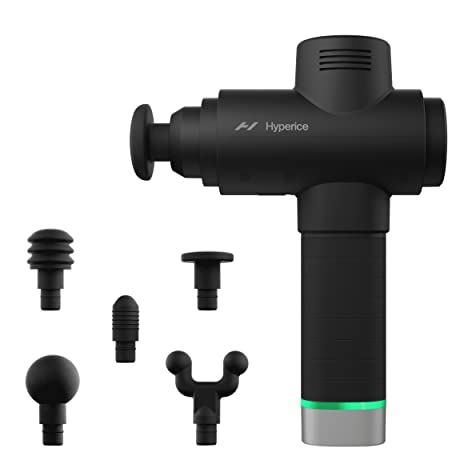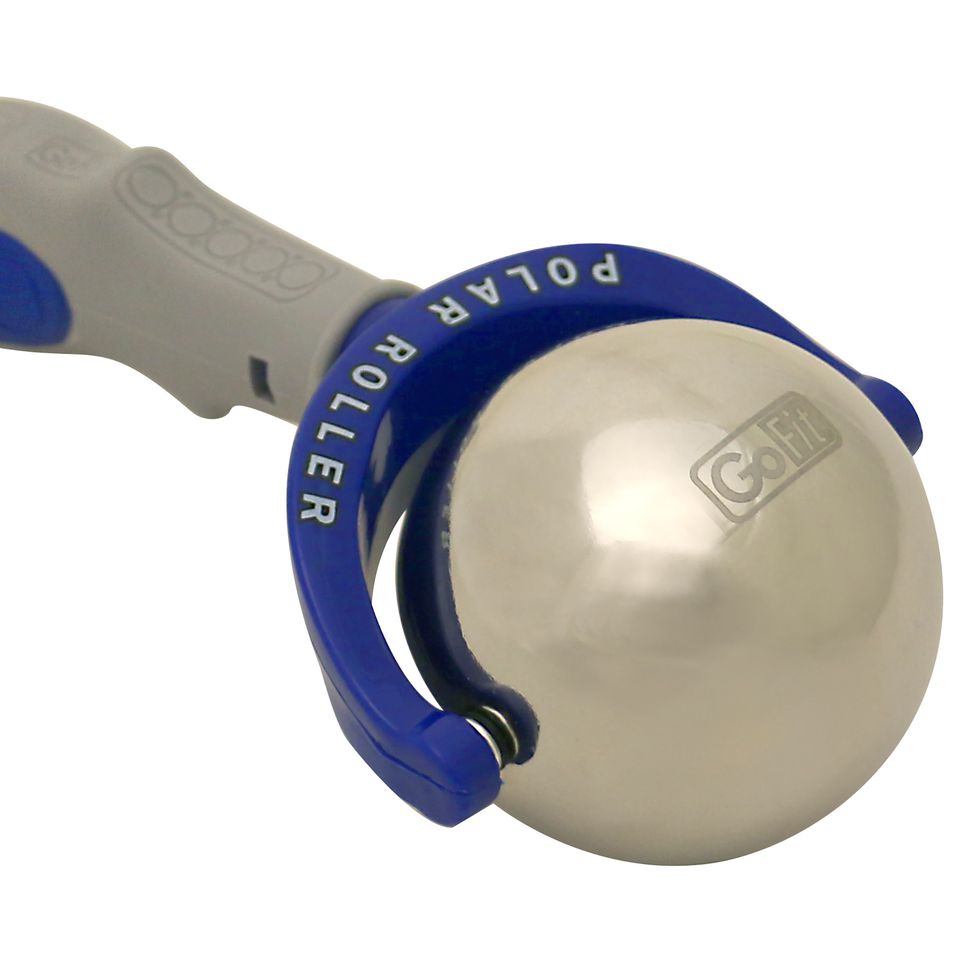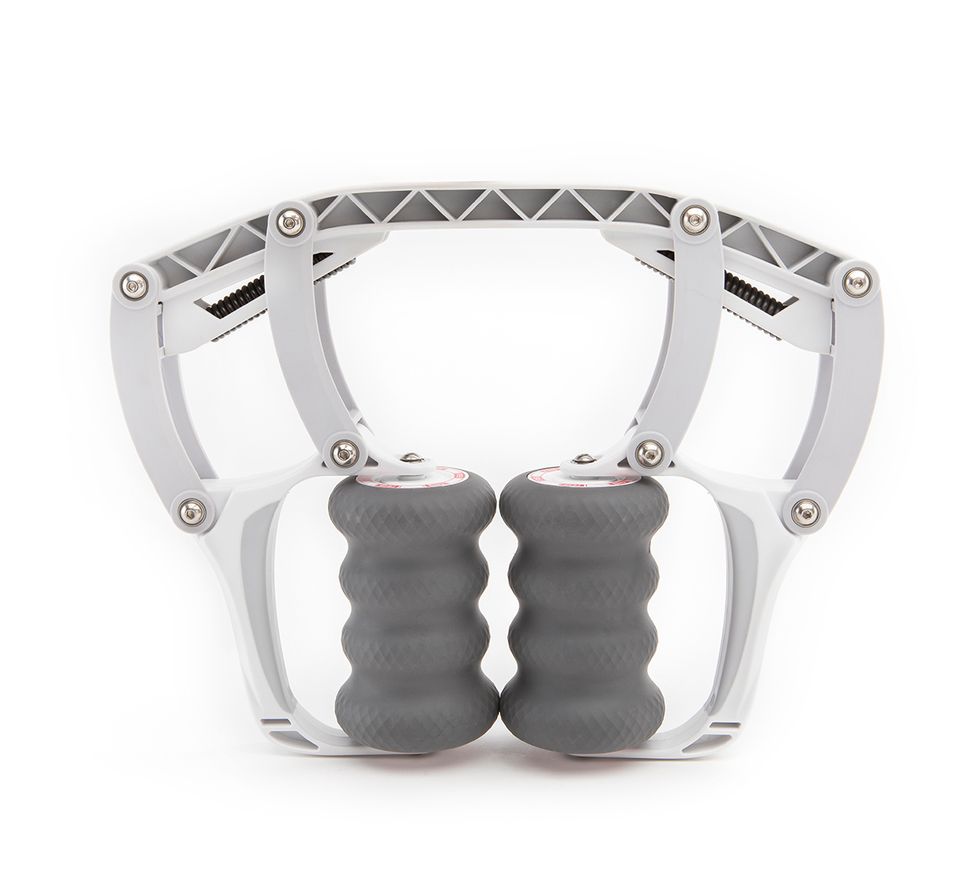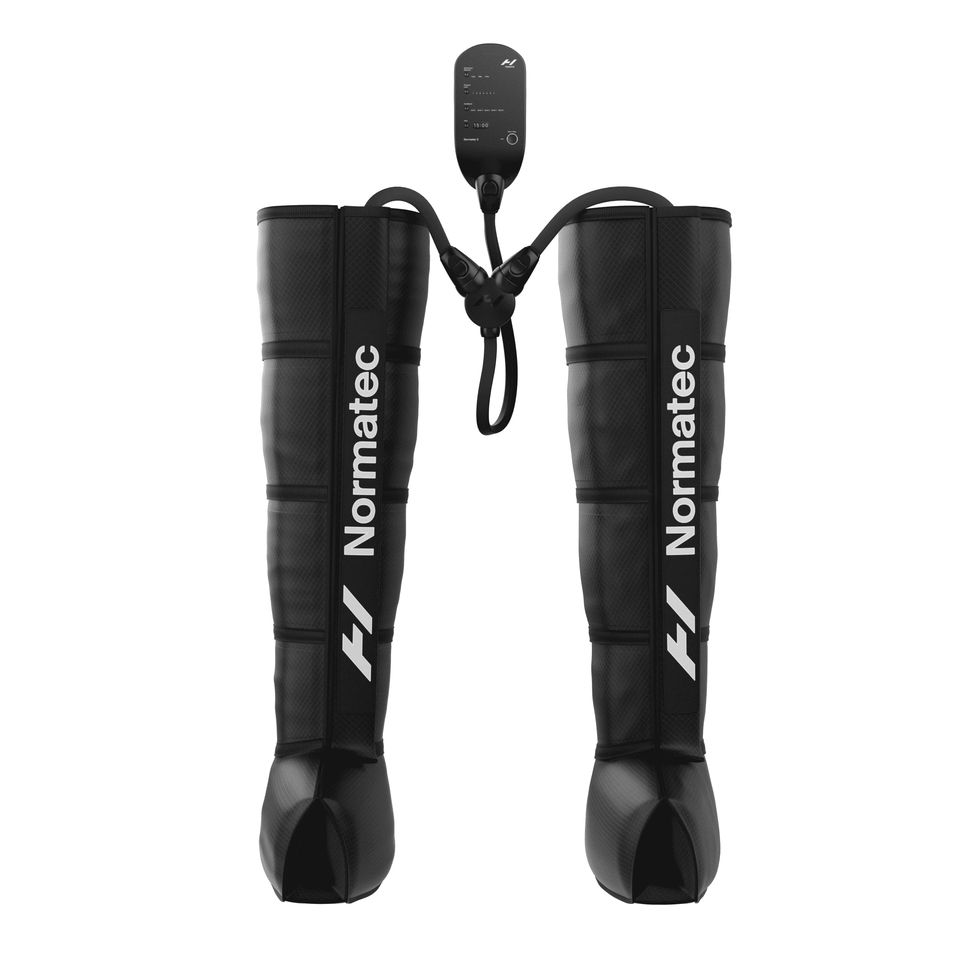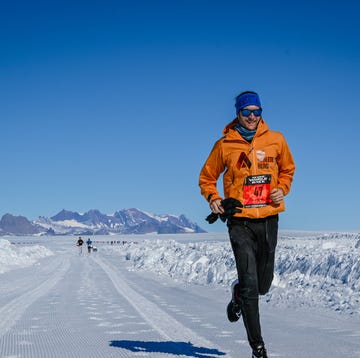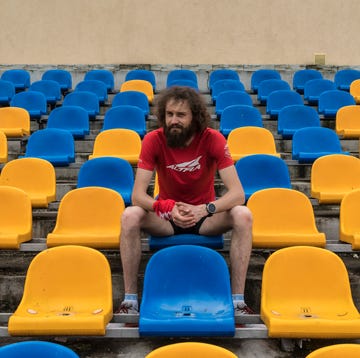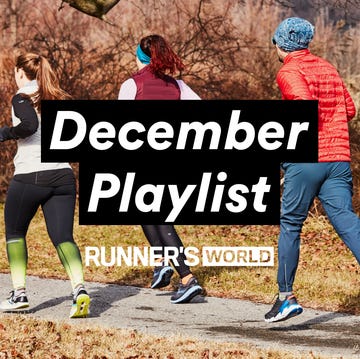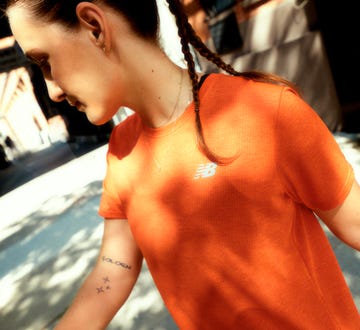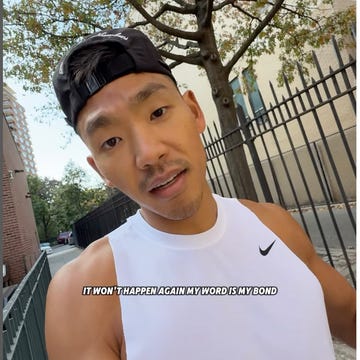When Mikah Meyer was looking for a new running challenge—the 35-year-old ran across the state of Minnesota last fall to represent the LGBTQ+ community in the outdoors—he turned to his 66,000+ followers on Instagram.
Recommendations all over the country flew in. One stood out above the rest: Mississippi.
→ Sign up for RW+ All Access for the latest running news, health tips, and gear reviews! 🏃♀️🏃♂️
Why Mississippi? A volunteer for the Trevor Project—a nonprofit that provides crisis intervention and suicide prevention services to lesbian, gay, bisexual, transgender, queer & questioning (LGBTQ+) people under 25—told Meyer that a high number of calls to the organization comes from the state of Mississippi.
How Des Linden Keeps Showing Up Outdoor Safe Space, which promotes LGBTQ+ support, representation, and inclusion in the outdoor industry. So for him, Mississippi was the obvious place to go.
“One [message] was from someone who grew up in Mississippi. They sent me this long message about how they went to high school there and left, became a doctor, but what a fearful place it is and unaccepting of outsiders and outside ideas,” Meyer told Runner’s World. “That was what most people said. They were very supportive of this because they had experienced it.”
On February 1, Meyer began his month-long journey, traveling across the northern section of Mississippi with a photographer, a documentary maker, and one other crew member on an e-bike and the rest in a chase car. He started on the Alabama-Mississippi border at Interstate 22, and ran west toward Hughes, Arkansas, averaging about 10K a day over roughly 170 miles. The low daily mileage was purposeful; his goal was not only to run to raise money, but also to have conversations along the way with people who did and did not identify as LGBTQ+.
And those conversations, good and bad, began from the beginning. Wearing conspicuous outfits such as a unicorn costume and a rainbow tutu, and dressing like state hero, Elvis Presley, it was easy to start up chats about his run. Some people welcomed him. Others offered grimaces, grunts, and what seemed like backhanded messages, “Well y’all be safe now,” almost as if it were a warning. That was heard repeatedly and was ever-present in his mind throughout the trip.
But that didn’t stop his mission. Along the way, he faced off against many home’s guard dogs as he ran parallel to highways with thin shoulders, encountered a rare southern blizzard, and handled COVID-19 safety precautions for his crew. When he DAA Industry Opt Out, Meyer is still reflecting on his recent journey, as well as recovering chased away by the house site’s executive director.
RW+ All Access.
On the journey, he also stopped at various places to give a 40-minute talk about his story, including that he lost his father to cancer, his trip to every national park, and Outdoor Safe Space. During these talks, he wouldn’t mention that he was gay until about halfway through. At the Rotary Club of Oxford, Mississippi, a third of attendees looked down for the remainder of his talk.
“It was frustrating to know that the people who are power players in what is essentially one of the most liberal places in Mississippi, a university town, that when they learned one thing about me, they negate everything they like about me,” Meyer said. “But there was a cool moment when I finished. One of Rotarians who had lowered their head came up to my photographer. He said he had lost a bunch of family members to cancer and he understood what it was like and he felt bad for how he reacted. It was a mixed bag of people being upset by what I was doing and others saying it’s great you’re doing this.”
Though reactions like this were troubling, Meyer also shared healing conversations along the way as well. He connected with a local gay man who was not openly gay. The man mentioned how, in the South, people don’t mind who you are, but they don’t want you to announce that you’re different. This man was forced, like others, to stay silent for fear of losing things like friends or jobs.
However he connected Meyer with the state’s chapter of the Human Rights Campaign. This led to conversations with people across the state who were cisgender, trans, lesbian, living with AIDS, people of all races, and even someone dubbed the father of gay rights in Mississippi.
In his conversations, Meyer asked many questions about their experiences living in the state and legislation happening in the state, but one answer stood out about the rest.
“I asked a black trans female that if she could change one thing in Mississippi, what would it be?” Meyer recalled. “I thought it would be trans-focused or something like that. She said, ‘better fund our public education.’ This is a person who is a black trans female. Even in the queer community, she likely faces the most discrimination. She was thinking about the entire state. It hits home the point: we are more than just one thing.”
After 28 days, Meyer completed his run at the Horseshoe Casino in Tunica, Mississippi. A few days prior, he received a call from the casino. He thought they were canceling; instead, they were letting him know how excited the staff was that he was coming and the LGBTQ+ staff and allies were going to come out and cheer.
“After battle after battle, to come to a place where people were excited you were there, it makes you proud,” Meyer said.
Meyer is still reflecting on his recent journey, as well as recovering.
“If there was one gift I could give, it would be that all people can experience that in their daily life. In Minnesota, I never feel unsafe or unsupported by the community. What I realize now is that Mississippi, like many places in this country and the world, people don’t feel that way. They feel they have to hide who they really are to be treated normal. I wish for everyone to be their authentic selves.”
His documentary maker, Derek Dodge, is planning to produce a film about the journey. He currently has a film streaming on Hulu about American motor racing legend Hurley Haywood called “Hurley.”
Meyer is also planning his next run in the fall, which he is not yet ready to release yet. He plans to announce in the coming months.
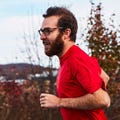
Meyer, a gay man himself, started his own nonprofit called Runner’s World and Bicycling, and he specializes in writing and editing human interest pieces while also covering health, wellness, gear, and fitness for the brand. His work has previously been published in Men’s Health.



